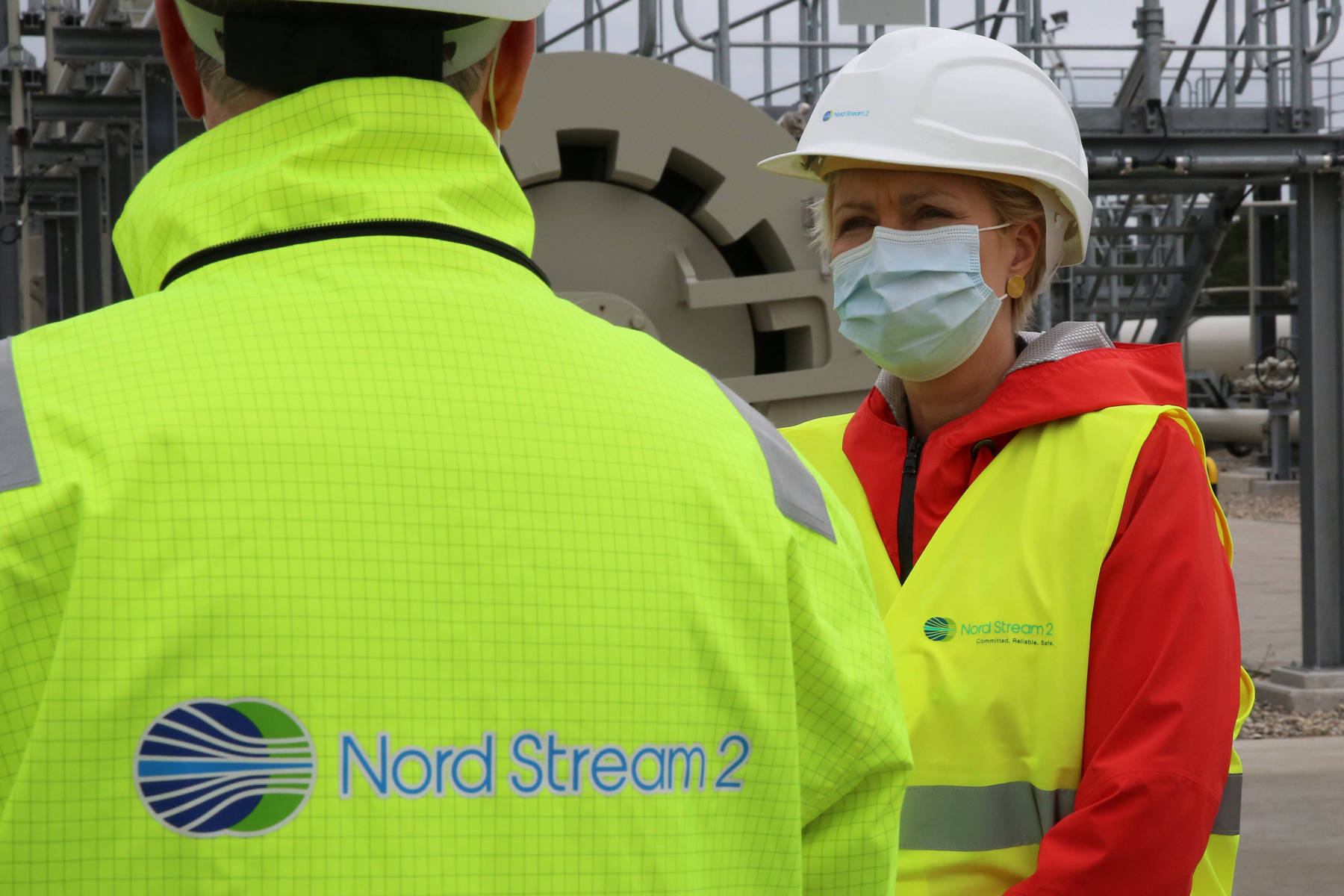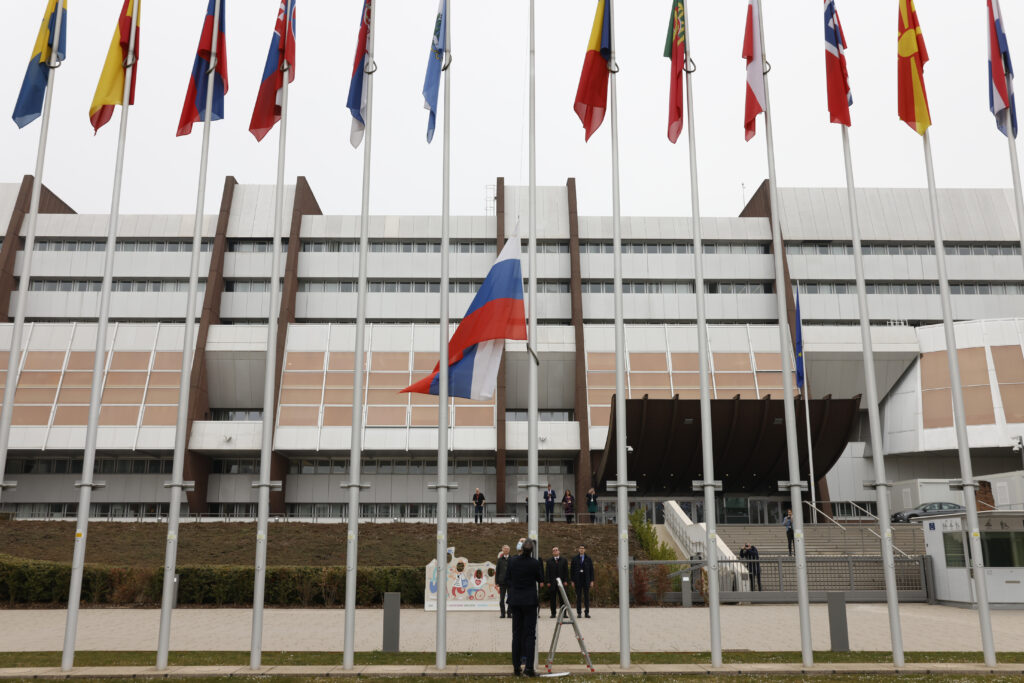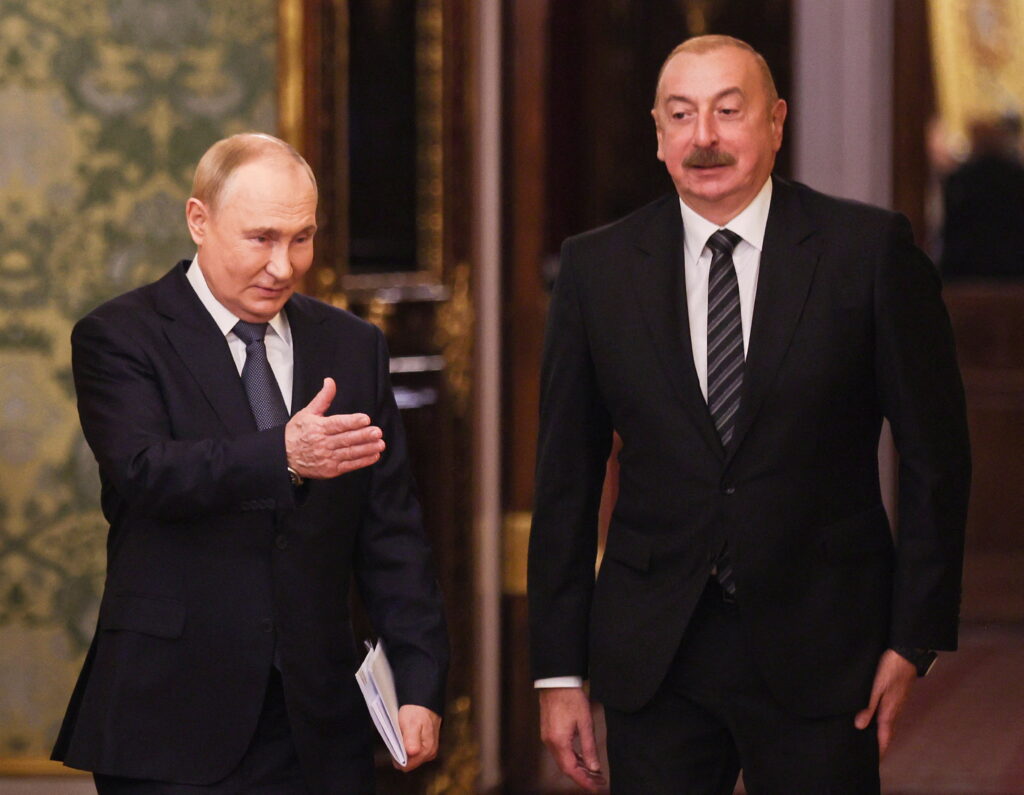The latest sanctions over Nord Stream 2, as rolled out in the National Defense Authorization Act for the Fiscal Year 2021 and the Protecting Europe’s Energy Security Clarification Act of 2020, are another attempt to block its completion. But they come late in the day; the pipeline is about 95% done.
So it remains an open question how effective these sanctions will be. And with the experience of previous rounds of sanctions, most analysts expect the pipeline to get there. However, the scope of these measures — and what they do not cover — brings a wider insight into the battle of narratives over the pipeline, a battle that the pro-pipeline side has been consistently winning.
No doubt, the new round of sanctions tightens the grip of the US administration over companies involved in this project, particularly insurance and certification companies. Yet, two things are also clear. First, that the most drastic options — such as a sanctioning of ports proposed by hardliners like Ted Cruz — were not considered. Second, these sanctions were explicitly and exclusively directed at economic entities involved in that project — not on European governments or individual politicians. In that regard, Republicans and Democrats alike evaded targeting European partners directly. This can be interpreted as a de-facto nod to the narrative of the pro-pipeline camp. German and Russian policymakers, as well as a broad and relatively unified lobby of corporate actors, have relentlessly stressed the economic character of that project. Here, US sanctions fall into a trap of not following a coherent logic, as they target exclusively individual economic entities. Yet the project’s primarily political nature is one of Washington’s main accusations.
Advocates for the pipeline have been relentlessly pushing it as a European project. Besides underlining the project’s strictly economic characteristics as a way to mitigate political drawbacks, the main narrative around Nord Stream 2 on a corporate and societal level is incorporated in its slogan «safe gas for Europe». As such, the primarily bilateral project between Berlin and Moscow, becomes European. This slogan and the idea it carries is promoted on different dimensions. In official documents, the clear focus is on the pipeline serving primarily European and not German or Russian interests. Alongside this, a strong corporate lobby behind this project in Germany (e.g. the German Eastern Business Association) uses its resources to shape the debate on an academic and expert level.
Winning over the crowds
Then again, parts of this lobby do not hide their openly Russia-friendly attitudes. For instance, the Chairman of the German Eastern Business Association recently described understanding between Berlin and Moscow, of which Nord Stream 2 is an important cornerstone, as a «German raison d’etat». The actions of this lobby work alongside the influence of Russian business on the broader debate in Germany. A prominent example is Gazprom, which sponsors, among others, the renowned football team Schalke 04 and the famous roller coaster «Bluefire» in the Europapark in Rust. In both cases, the Nord Stream 2 slogan is constantly displayed to spectators of football matches or visitors of an amusement park.
This approach, in addition to general positive sentiments towards Russia, seems to bear fruit. And it was observable in the aftermath of the Navalny poisoning. A majority of German citizens remained in favour of finishing this project despite significant political calls in Germany itself to put it on ice as a direct consequence. A part of this «success» is likely rooted in the campaign to unbundle the economics from the politics of this project.
Faltering alternatives
Moreover, support for Nord Stream 2 thrives also on the weakness of its regional alternative. The project of a multivectoral energy policy, which is most notably promoted within the EU by Poland, suffers from being easily perceived as a primarily politically-led project. It has the whiff of a US-led agenda. This perception is rooted in the lack of a coherent and coordinated, transnational campaign on the corporate as well as societal level. And that comes in strict contrast to the elaborate approach of the pro-Nord Stream 2 camp. While the average European citizen hears of Nord Stream 2 supporters by either watching a Bundesliga match or standing in the queue to a roller coaster, opponents are mostly active on the political level. Undoubtedly, the Three Seas Initiative, which stands in direct opposition to the Nord Stream 2 concept, follows legitimate goals. However, as important the construction of transnational gas transportation systems within the CEE region, LNG ports, or a Baltic Pipe might be, this grand project fails to get out to the broad overall public with a positive and graspable message. Even more telling: it is not so much European politicians themselves being most vocal in opposing Nord Stream 2. For the broader public in Europe this point of view often makes headlines when the US announces new rounds of sanctions. Or when it gets raised during (in)famous political speeches, for instance during Trump’s widely discussed speech at the UN General Assembly in 2018, where he criticized Germany’s reliance on Russian energy imports.
This support from the US for an alternative European energy policy automatically boosts scepticism. For instance, 90% of respondents in a Forsa survey in Germany saw American opposition to Nord Stream 2 primarily rooted in Washington’s desire to increase its LNG exports to Europe. Washington’s political opposition to it is perceived economically grounded. Few believe it is truly about security or other often-cited considerations. This constitutes another piece of evidence for the successful campaign to frame the debate around Nord Stream 2 as a fundamentally commercial one. US engagement is at the same time not only rhetoric, but also visible through its commitment to be a major contributor in the Three Seas Initiative Fund. However, an investment from overseas is not automatically seen as something positive in many parts of Europe. By looking at the blank figures for Germany, for instance, in 2019 almost 60% of respondents in a survey conducted by the Atlantic Bridge favoured a stronger distancing from Washington. When assessing their relations with Moscow, over 60% of Germans support an intensification of them. This is not to say that Germans favour Moscow over the US. 39% of German citizens prefer a close partnership with Washington over one with Moscow. The latter enjoys just 25% support, with 31% failing to point to any country. However, with 61% of the German population not directly in favour of the US over Russia as an ally, this symbolises a significant gap with political stances. Whether President Biden might turn the tide remains to be seen. On Nord Stream 2, Washington’s opposition to it will likely stay unchanged under a Democratic president, as this issue has been described as bi-partisan. Hence, it will remain an issue between Berlin and Washington.
French recalcitrance
In France, the second European power, political and societal sentiments traditionally come with a soft scepticism of American influences. In that context, Nord Stream 2 has merely turned into a bargaining chip in the European political theatre. It has reportedly been used in talks between Berlin and Paris around a controversial EU copyright reform. Other factors prompt France to play up this issue. President Macron’s repeated conflicts with Donald Trump and some Central European leaders, for instance. Or his relatively friendly stance on Russia. On top of that, there is the involvement of Engie SA, a partly state-owned French company, as a major investor in this pipeline project. As such, an outright pro-Americanism like Warsaw’s is not necessarily the default setting in European attitudes. Through its ambitious actions on Nord Stream 2, Washington might therefore push German companies and policymakers to align more with a Parisian point of view on the US. That may have potentially backfired on the Nord Stream 2 opposition. The first reactions from Berlin on the new sanctions were already going in that direction. Politicians and companies have reacted with outrage and questioned the legitimacy of these measures, pointing also to the Europeanness of this matter.
Taking all this into account, one can easily see why a too ambitious, read confrontative, approach from Washington administration does more harm than good to a multivectoral European gas strategy. In fact, it actually dampened opposition to the German-Russian pipeline project. This strong involvement from the US has given fuel to a rival narrative. It is perceived as being based on economic interests. And it paired with a failure of its European partners to come up with a similarly comprehensive campaign and message. Under these circumstances, Nord Stream 2 can be easily framed by its supporters as a fight over European sovereignty and the right of the continent for self-determination. The likelihood now is that policymakers in Paris and other capitals might ally themselves with Berlin on that issue if perceived pressure on European sovereignty becomes too strong and other conflict fields remain unresolved. Hence, the newest round of sanctions by Washington is a risky attempt by American policymakers in putting maximum economic pressure. It might potentially lead to a political consolidation in Europe and a discrediting of alternatives.










